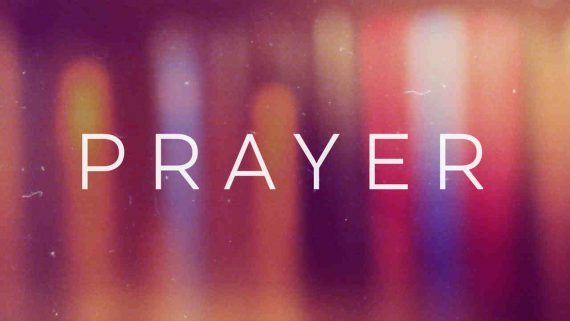As we have studied through Jonah’s prayer in Jonah 2, I have been fairly critical of Jonah and what he says. I have said that his prayer, while full of Scripture and pious language, is actually a big sham. He praises himself, condemns the sailors, and reveals a lot of self-righteousness and pride.
Now that was my take on the prayer. And honestly, I hate being critical of someone else’s prayer. My prayer life isn’t great, and I imagine that most of my prayers are quite selfish as well.
So why did I feel it was okay to be critical of Jonah’s prayer? Well, because it is in Scripture, and Scripture is given to teach us something, I believe that Jonah’s prayer is given to teach us how not to pray.
I believe this because of what we read in Jonah 2:10, where see God’s response to Jonah’s prayer. It doesn’t really matter what I think of Jonah’s prayer, or what you think. What matter’s is what God thinks. Right?
Well, that is what we see today in Jonah 2:10. This verse contains God’s response to Jonah’s prayer, which is what we are studying in this episode of the One Verse Podcast.

The Text of Jonah 2:10
So the Lord spoke to the fish and it vomited Jonah onto dry land.
In this discussion of Jonah 2:10 we look at:
- The last verse in Jonah 2 provides God’s response to Jonah’s prayer
- Why Jonah 2:10 is the punchline to the joke of Jonah’s prayer
- How we can learn how to pray by looking at Jonah’s prayer
Resources:
- Redeeming God Discipleship Area
- Join the Advance Reader Team of Jeremy Myers
- Subscribe and Leave a Review on iTunes
Downloadable Podcast Resources
Those who are part of my online discipleship group may download the MP3 audio file for this podcast and view the podcast transcript below.
You must join a discipleship group or login to download the MP3 and view the transcript.
Thanks for visiting this page ... but this page is for Discipleship Group members.
If you are already part of a Faith, Hope, or Love Discipleship Group,
Login here.
If you are part of the free "Grace" Discipleship group, you will need to
Upgrade your Membership to one of the paid groups.
If you are not part of any group, you may learn about the various groups and their benefits here:
Join Us Today.

Do you like learning about the Bible online?
Do you like learning about Scripture and theology through my podcast? If so, then you will also love my online courses. They all have MP3 audio downloads, PDF transcripts, quizzes, and a comment section for questions and interaction with other students.
If you want to deepen your relationship with God and better understand Scripture, take one (or all) of these courses. They are great for personal study or for a small group Bible study.
You can see the list of available courses here, and if you join the Discipleship group, you can take all the courses at no additional cost. Go here to learn more and join now.








 But this is the same thing as saying that good works are a necessary condition for entering heaven.
But this is the same thing as saying that good works are a necessary condition for entering heaven.



